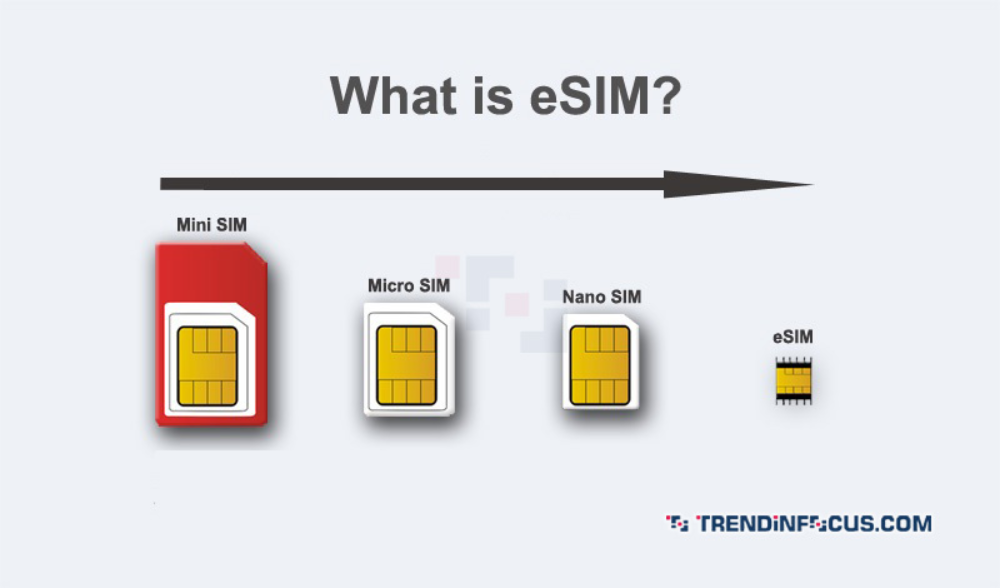eSIM smartphone growth continues its upward trajectory, and 2020 will prove another positive year as Samsung becomes the latest OEM [original equipment manufacturer] to boost the eSIM market.
The recent launch of the Samsung S20 range of devices with eSIM support will propel global shipments of eSIM enabled smartphones to over 225 million in 2020, according to global tech market advisory firm, ABI Research. Ever since Apple first announced eSIM support in its XR and S range of devices in 2018, all eyes were firmly placed on Samsung as the next OEM to support eSIM in its flagship devices.
“It was always a case of when, rather than if, Samsung would support eSIM. 2020 marks a defining year and another milestone for the eSIM market. Having the largest smartphone OEM onboard, shipping over 200 million devices annually is a significant market step. Industry experts will now be closely monitoring Samsung and how it might start expanding eSIM support to other device ranges, including its Note and A ranges,” explained Phil Sealy, Digital Security Research Director at ABI Research.
There is no question that 2020 eSIM smartphone shipments will hit over the 225 million mark, and ABI Research remains extremely optimistic about eSIM growth. Based on a continuation of eSIM support from Apple, Google, and Samsung, plus the eSIM expansion by Samsung into other device ranges and several other OEMs launching flagship eSIM enabled devices, expect a minimum of 500 million eSIM capable smartphones to ship globally in 2024.
“Despite the optimism and Samsung’s inclusion of eSIM technology in its S20 range of devices, there remains much work to be done across the entire value chain,” Sealy said. “From a smartphone OEM perspective, Apple, Google, Samsung, and Motorola are the only vendors with eSIM capable smartphone devices. Further, although eSIM readiness from an operator perspective continues to improve, there is no operator to date exclusively supporting eSIM. At the same time, many operators are not yet eSIM ready.”
The cellular market is fast approaching a new tipping point as it relates to consumer subscriptions and data consumption. Cellular speed and bandwidth remain important cellular aspects. Still, as data-centric consumption continues to rise and cellular connectivity enablement increases on more consumer device types (laptops, tablets, smartwatches etc.), emphasis will shift from data-centric billing toward device bundles.
“The cellular connectivity market and how data is consumed will transform consumer subscriptions models. Device OEMs such as Samsung have an integral role to play in facilitating this transformation,” Sealy concluded. “OEMs want to provide flexibility to their consumer device users and create further brand stickiness by enabling a cellular-connected “family” of products and cross-device mirrored experiences, using eSIM as the enabling technology. Alongside this is an understanding that subscription offerings are evolving (voice packages to data and soon toward device bundles), the latter of which will require Remote Subscription Management (RSM) to share a profile over multiple device types.”

